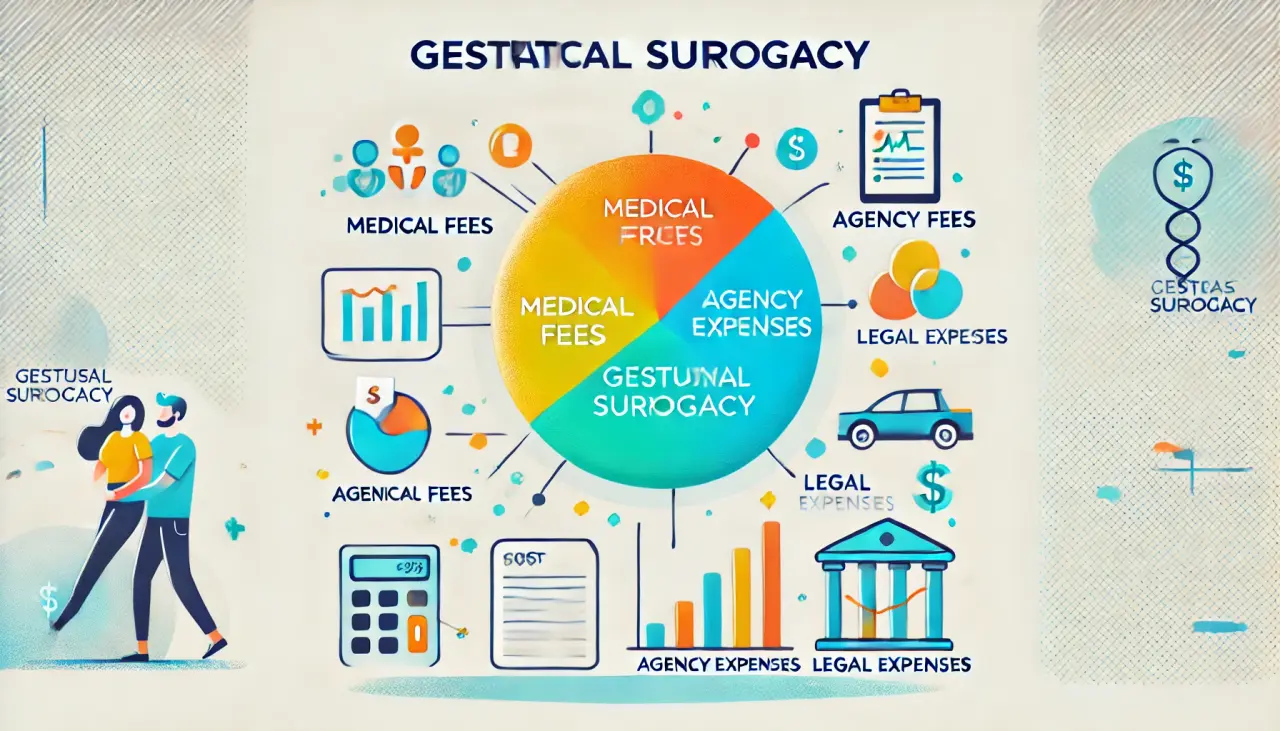
What is Gestational Surrogacy and How Does It Work
In the realm of family dreams, gestational surrogacy rises as a profound journey, a way for parents to reach their heart’s longing. It is a process that brings life where once there was only hope. Through gestational surrogacy, intended parents find a surrogate to carry their child without a genetic connection to her, a gift that holds life itself.
Defining Gestational Surrogacy: A Journey of Heart and Science
What is gestational surrogacy, and how does it work? In this type of surrogacy, the child nurtured within the surrogate has no genetic link to her, as the embryo is created through in vitro fertilization (IVF) using the intended parents’ or donors’ eggs and sperm. Once created, the embryo is transferred into the surrogate, who becomes the caretaker of life in its earliest form. This process opens doors to parenthood for couples facing infertility, same-sex partners, and single parents who dream of embracing a child.

The Steps of Gestational Surrogacy
- Matching: Intended parents and surrogates begin by finding one another, often with the help of agencies or legal representatives, forming bonds of trust and purpose.
- Legal Contracts: Contracts are crafted with care, outlining the roles and responsibilities of each party.
- IVF and Embryo Transfer: Once matched, the embryo is created and gently transferred to the surrogate.
- Pregnancy and Support: With the embryo settled, the surrogate nurtures the baby through pregnancy, while intended parents stand ready to welcome a new life.

Laws of Gestational Surrogacy
Gestational surrogacy laws vary across countries and states, requiring that all involved have legal counsel to secure their rights. The genetic bond between the child and at least one parent often simplifies legal parentage, bringing clarity and peace of mind to intended parents as they await the birth.
The Cost of Gestational Surrogacy
Gestational surrogacy is a financial journey as much as an emotional one. In countries like the U.S., the cost can reach $150,000 or more, accounting for IVF, agency support, and legal protections. Each investment—of time, trust, and finance—brings families closer to the moment they’ve longed for.

Advantages and Challenges of Gestational Surrogacy
Advantages:
- Pathway to Parenthood: This surrogacy route enables a family to share a genetic connection with their child.
- Supportive Partnerships: Intended parents and surrogates often develop strong connections through shared purpose.
- Legal Clarity: Gestational surrogacy is often legally straightforward, providing clear paths to parental rights.
Challenges:
- Financial Commitment: This path demands a significant financial investment.
- Complex Coordination: Intended parents must trust their surrogate with each step.
- Emotional Journey: Though it ends in joy, gestational surrogacy is a path that calls for patience and resilience.